New Windows 8.1 Patch Tuesday update tackles Windows Server VM bug
4 min. read
Updated on
Read our disclosure page to find out how can you help Windows Report sustain the editorial team. Read more
Key notes
- You thought that Windows 10 and 11 were the only ones getting Patch Tuesday updates?
- Nothing further from the truth, in fact, as obsolete versions such as Windows 8.1 also do.
- However, unlike the patches for the newer OS versions, this one has more fixes within it.
- We have included the full list of fixes, improvements, as well as known issues in this article.
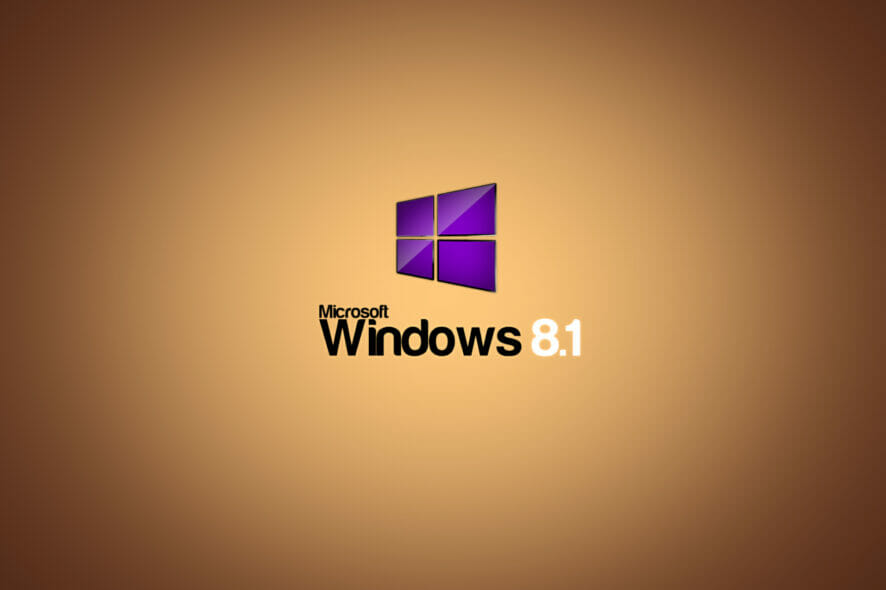
Yes, we are back with another Patch Tuesday bag of goodies, but this time we’re going to talk about Windows 8.1, instead of the usual Windows 10 or 11.
And, if you were wondering if these obsolete versions of the OS still receive security fixes and updates, the answer is yes, they still do.
While we’re talking about Patch Tuesday and updates, don’t forget to check out the Adobe batch of monthly software, the list of addressed Windows 10 CVEs, the Windows 11 section, and also the article with direct download links.
Whar’s new on Windows 8.1?
During this month’s security fix rollout, Microsoft has also announced the launch of KB5010419, which is the cumulative update for Windows 8.1 and Windows Server 2012 R2.
However, unlike the Windows 11 Patch Tuesday update, which has a slender set of release notes, the Windows 8.1 update has quite a long list of notes and issues.
In many users’ opinions, the highlight of this release is the patch that addresses an issue in which Virtual Machines (VMs) on a Windows server that has Unified Extensible Firmware Interface (UEFI) enabled fail to start after installing the January 11, 2022 Windows update.
The rest of the improvements and fixes added this month are as follows:
- Updates daylight savings time to start in February 2022 instead of March 2022 in Jordan.
- Addresses an issue in which Windows stops running with an IRQL_NOT_LESS_OR_EQUAL error.
- Addresses an issue in which a Lightweight Directory Access Protocol (LDAP) modify operation that contains the SamAccountName together with the UserAccountControl attributes fails with “Error: 0x20EF The directory service encountered an unknown failure.”
- Adds an audit event on Active Directory domain controllers that identifies clients that are not RFC-4456 compliant. For more information, see KB5005408—Smart card authentication might cause print and scan failures.
Known issues
| Symptom | Workaround |
| Certain operations, such as rename, that you perform on files or folders that are on a Cluster Shared Volume (CSV) may fail with the error, “STATUS_BAD_IMPERSONATION_LEVEL (0xC00000A5)”. This occurs when you perform the operation on a CSV owner node from a process that doesn’t have administrator privilege. | Do one of the following:Perform the operation from a process that has administrator privilege.Perform the operation from a node that doesn’t have CSV ownership.Microsoft is working on a resolution and will provide an update in an upcoming release. |
| After installing updates released January 11, 2022 or later updates, apps using Microsoft .NET Framework to acquire or set Active Directory Forest Trust Information might fail, close, or you might receive an error from the app or Windows. You might also receive an access violation (0xc0000005) error.Note for developers: Affected apps use the System.DirectoryServices API. | To resolve this issue manually, apply the out-of-band updates for the version of .NET Framework used by the app.Note These out-of-band updates are not available from Windows Update and will not install automatically. To get the standalone package, search for the KB number for your version of Windows and .NET Framework in the Microsoft Update Catalog.You can manually import these updates into Windows Server Update Services (WSUS) and Microsoft Endpoint Configuration Manager. For WSUS instructions, see WSUS and the Catalog Site. For Configuration Manger instructions, see Import updates from the Microsoft Update Catalog.For instructions on how to install this update for your operating system, see the KB articles listed below:Windows Server 2022: .NET Framework 4.8 KB5011258Windows Server 2019: .NET Framework 4.8 KB5011257.NET Framework 4.7.2 KB5011259Windows Server 2016: .NET Framework 4.8 KB5011264.NET Framework 4.6.2, 4.7, 4.7.1 or 4.7.2 KB5011329Windows Server 2012 R2: .NET Framework 4.8 KB5011266.NET Framework 4.6, 4.6.1, 4.6.2, 4.7, 4.7.1 or 4.7.2 KB5011263.NET Framework 4.5.2 KB5011261Windows Server 2012:.NET Framework 4.8 KB5011265.NET Framework 4.6, 4.6.1, 4.6.2, 4.7, 4.7.1 or 4.7.2 KB5011262.NET Framework 4.5.2 KB5011260 |
If you are still running Windows 8.1 and you want to install this update, just open up Windows Update and apply any available updates.
You will also automatically be offered the latest servicing stack update (KB5001403) which should improve the reliability of the update install process.
Have you already downloaded your Patch Tuesday-specific security update? Let us know in the comments section below.
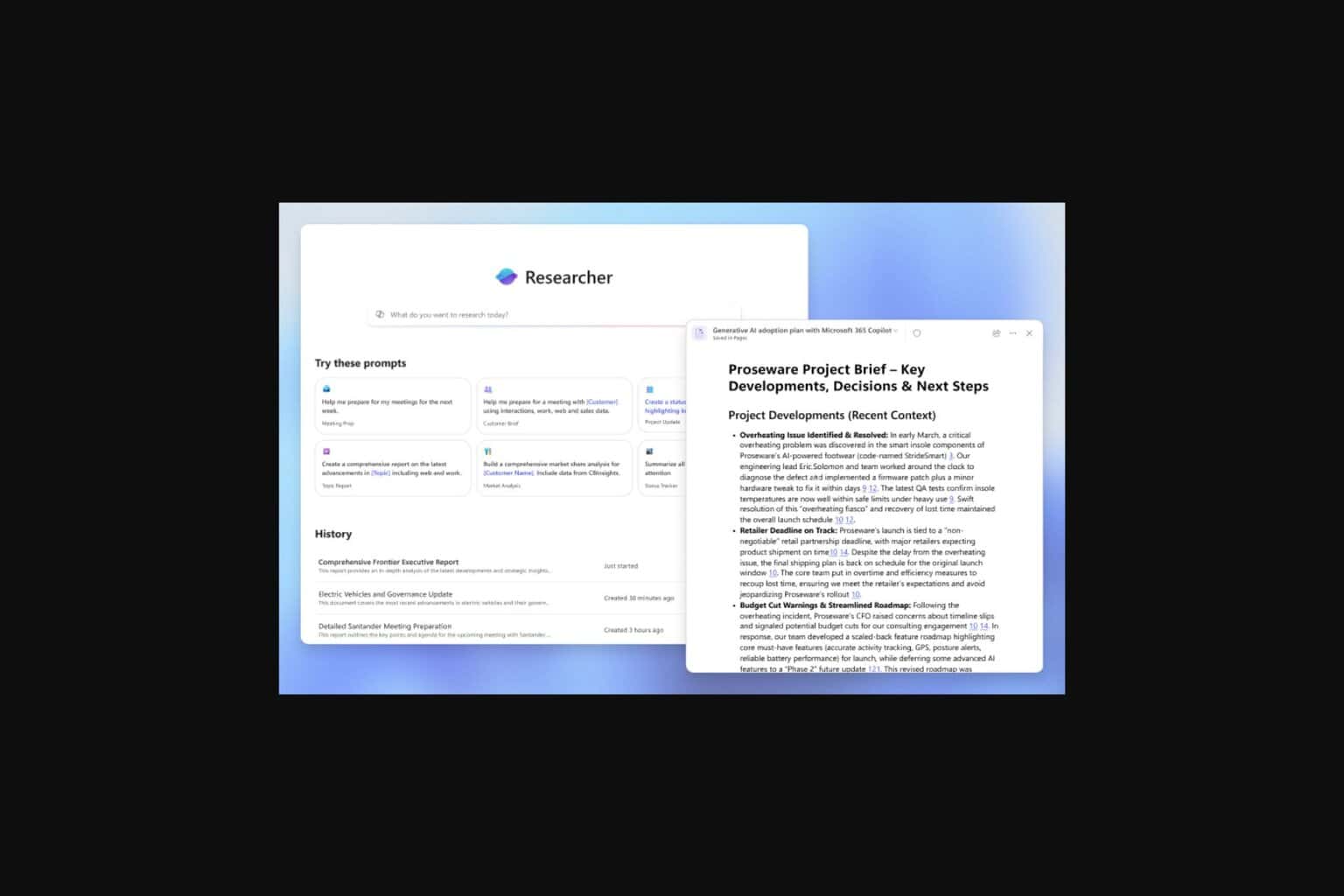
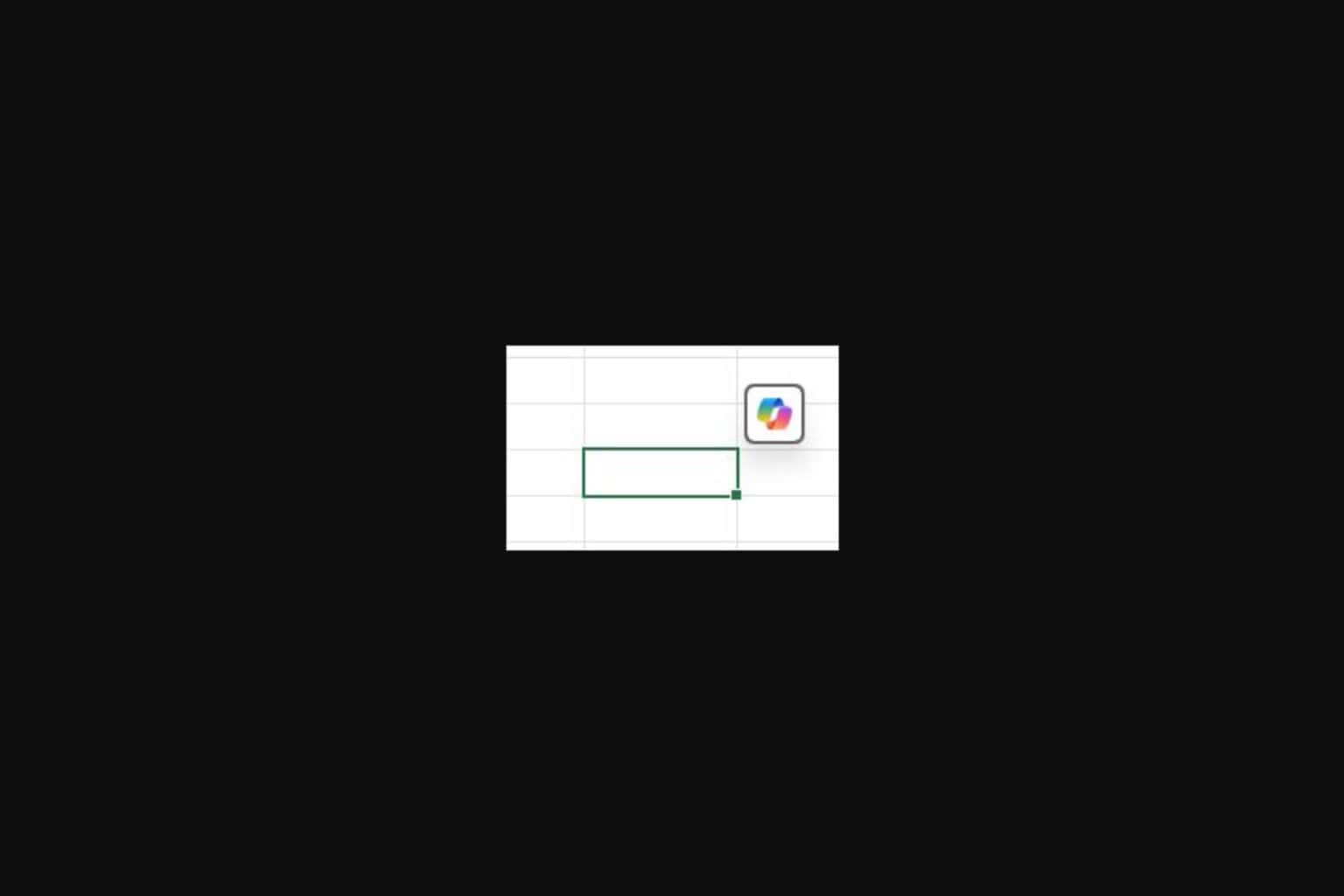
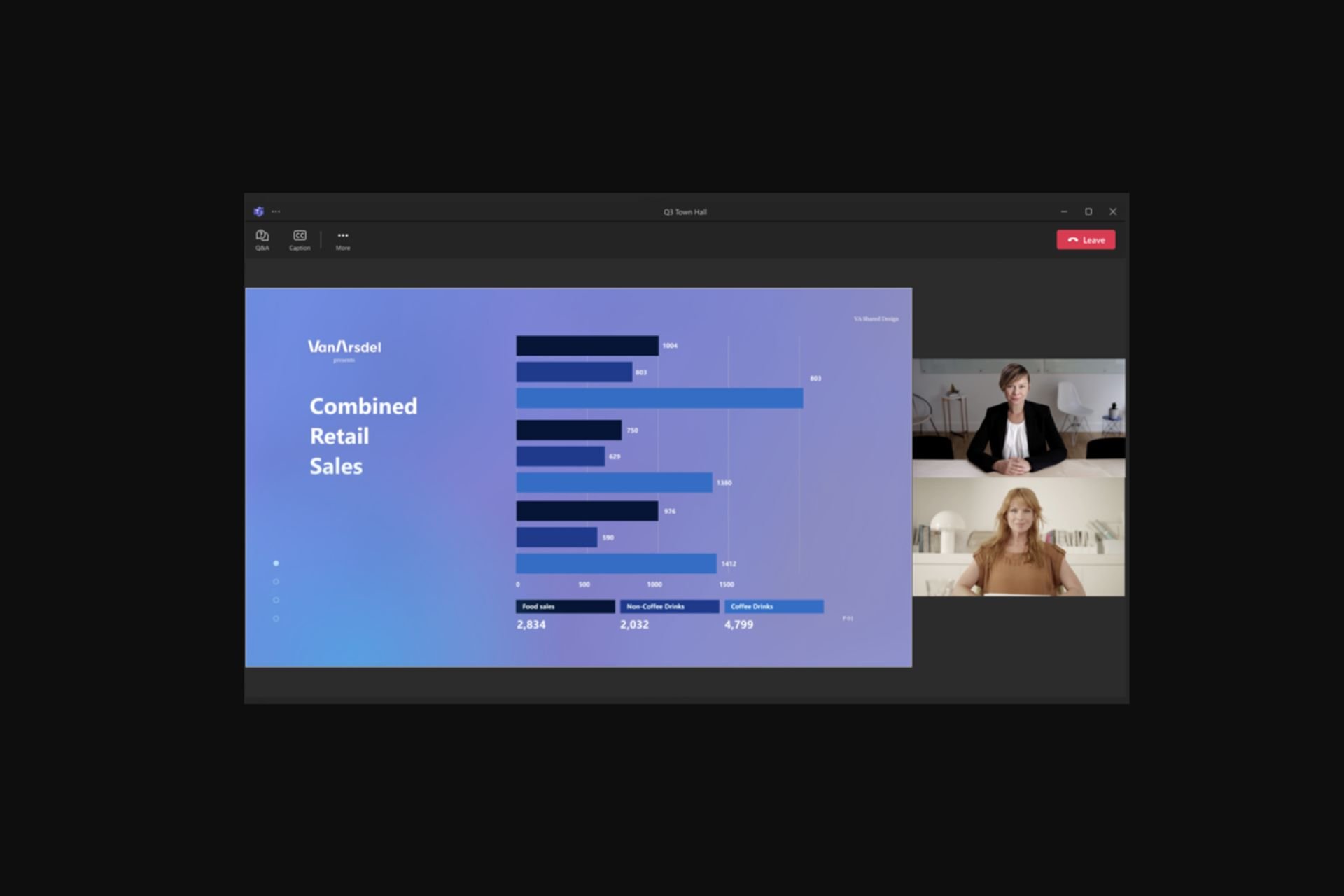


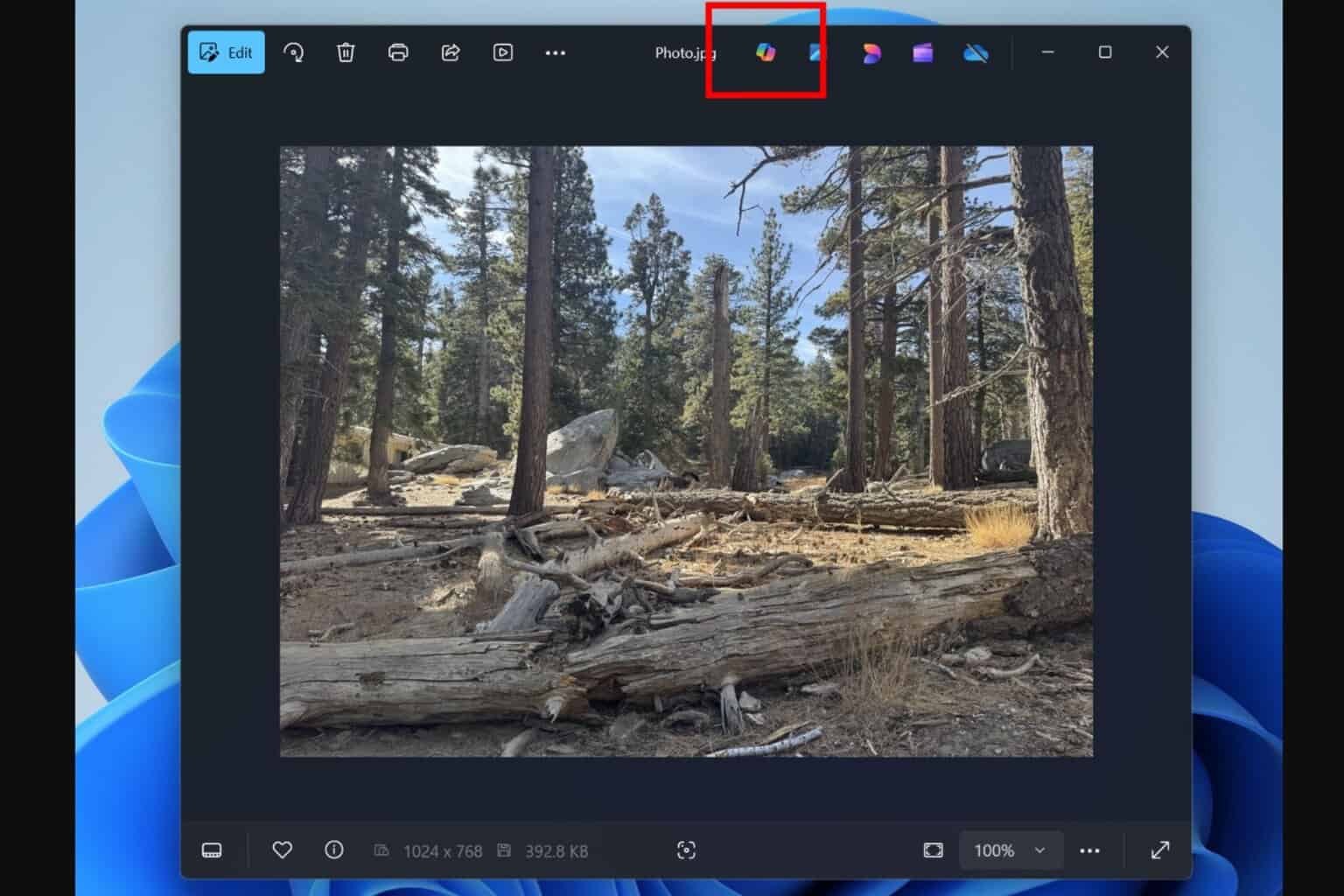

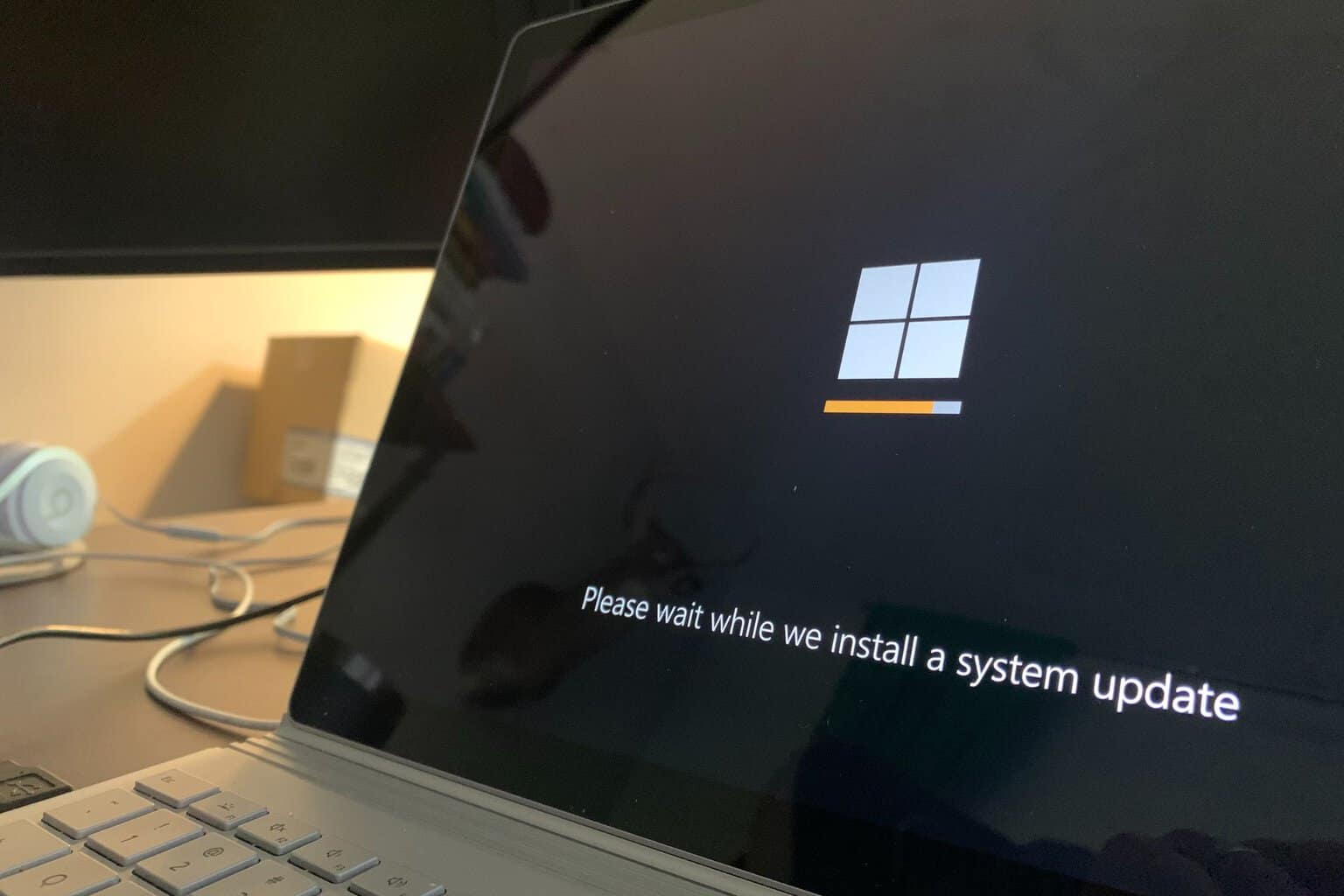
User forum
0 messages